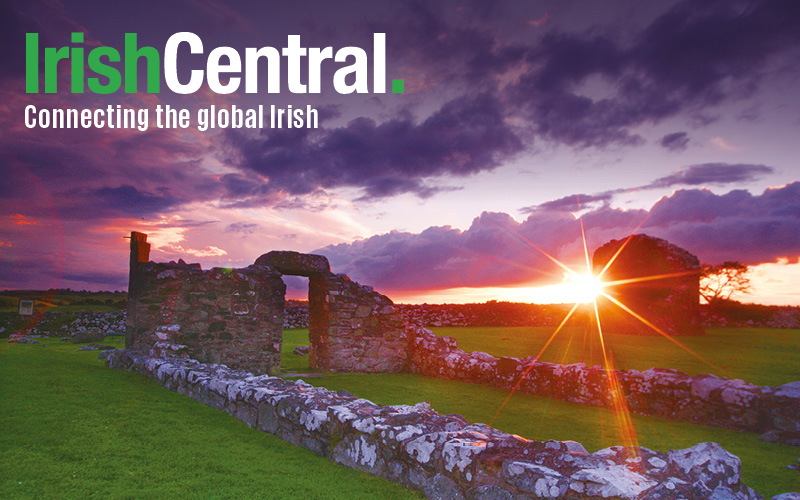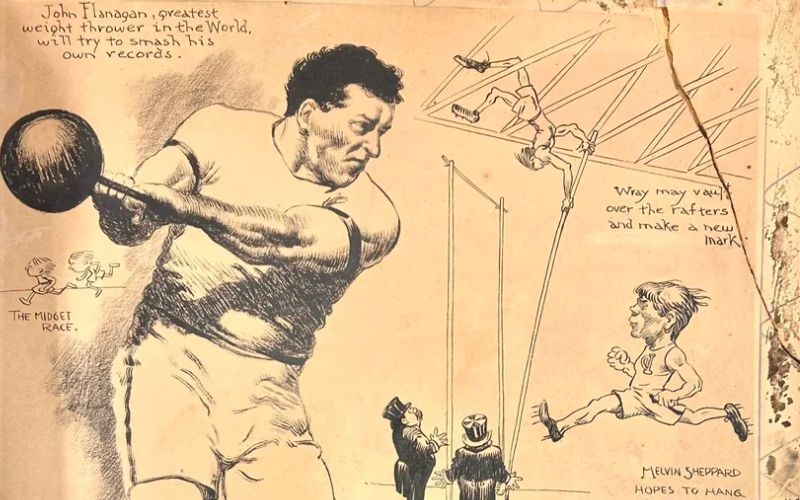The Irish traditional music community of New York esteems the source musicians who come to town from Ireland, and when Matt Cranitch came to visit from his native Cork this past weekend, the fiddlers were assembled, sessions organized, and a master class offered to draw water directly from the well. Cranitch is the one of the world's foremost authorities on the distinctive style of Irish fiddle that comes from the Sliabh Luachra nexus in the Cork-Kerry-Limerick border lands.
The event that was his visit was made possible by Phil Weir, a Scotsman with a passion for learning traditional musics. Weir is bringing the Cape Breton master, Stan Chapman to town soon--stay tuned. When Cranitch landed at JFK, he was whisked from plane to cab to Union Square, in time to lead the seisiún there that happens every Saturday afternoon, started by fellow Corkonian Donie Carroll and promoted by the very friendly banjo player Dan Neely. Some of the pictures from that seisiún were taken by Michael Leahy who stopped in with his camera. The pictures from the class were taken by Marian Lawlor.
The next day, Weir had set up a master class, and signed up more than twenty fiddlers from across the tri-state area to sit-in on Cranitch's instructive session. His teaching style is reknowned, and he is the author of a brilliant book on Irish fiddle, which can be found here.
Cranitch comes from an Irish-speaking family steeped in the music. He grew up attending fleadhanna cheoil, as can be read about in an interview available on-line, here. Later, as he developed as a scholar, he became a specialist in indigenous music, and focused on the Sliabh Luachra style where he was born. He was tutored by Mick Duggan, whom he would make the subject of his academic work. He studied original manuscripts by Pádraig O'Keefe, the great Sliabh Luachra fiddler from Gleantan, Castleisland, just down the road from where my mother grew up in Ballymacelligott.
Since then, he has been a member of many iconic bands, such as Na Filí, with which he released an album of slow airs with Gael Linn called Aisling Gheal. That was followed by three more albums: Any Old Time, Phoenix and Crossing with various other artists. In 1994, Sliabh Notes was formed and they released their first CD shortly thereafter. His return to academic work in the research of indigineous music, came in the wake of the success of his Fiddle Book, and a meeting with Mícheál Ó Súilleabháin. He was awarded a Senior Research Scholarship from the Irish Research Council for the Humanities and Social Sciences and is recognized as one the great musicians and scholars who understand Irish traditional music from its core, at the roots of regional style.
The event that was his visit was made possible by Phil Weir, a Scotsman with a passion for learning traditional musics. Weir is bringing the Cape Breton master, Stan Chapman to town soon--stay tuned. When Cranitch landed at JFK, he was whisked from plane to cab to Union Square, in time to lead the seisiún there that happens every Saturday afternoon, started by fellow Corkonian Donie Carroll and promoted by the very friendly banjo player Dan Neely. Some of the pictures from that seisiún were taken by Michael Leahy who stopped in with his camera. The pictures from the class were taken by Marian Lawlor.
The next day, Weir had set up a master class, and signed up more than twenty fiddlers from across the tri-state area to sit-in on Cranitch's instructive session. His teaching style is reknowned, and he is the author of a brilliant book on Irish fiddle, which can be found here.
Cranitch comes from an Irish-speaking family steeped in the music. He grew up attending fleadhanna cheoil, as can be read about in an interview available on-line, here. Later, as he developed as a scholar, he became a specialist in indigenous music, and focused on the Sliabh Luachra style where he was born. He was tutored by Mick Duggan, whom he would make the subject of his academic work. He studied original manuscripts by Pádraig O'Keefe, the great Sliabh Luachra fiddler from Gleantan, Castleisland, just down the road from where my mother grew up in Ballymacelligott.
Since then, he has been a member of many iconic bands, such as Na Filí, with which he released an album of slow airs with Gael Linn called Aisling Gheal. That was followed by three more albums: Any Old Time, Phoenix and Crossing with various other artists. In 1994, Sliabh Notes was formed and they released their first CD shortly thereafter. His return to academic work in the research of indigineous music, came in the wake of the success of his Fiddle Book, and a meeting with Mícheál Ó Súilleabháin. He was awarded a Senior Research Scholarship from the Irish Research Council for the Humanities and Social Sciences and is recognized as one the great musicians and scholars who understand Irish traditional music from its core, at the roots of regional style.




Comments